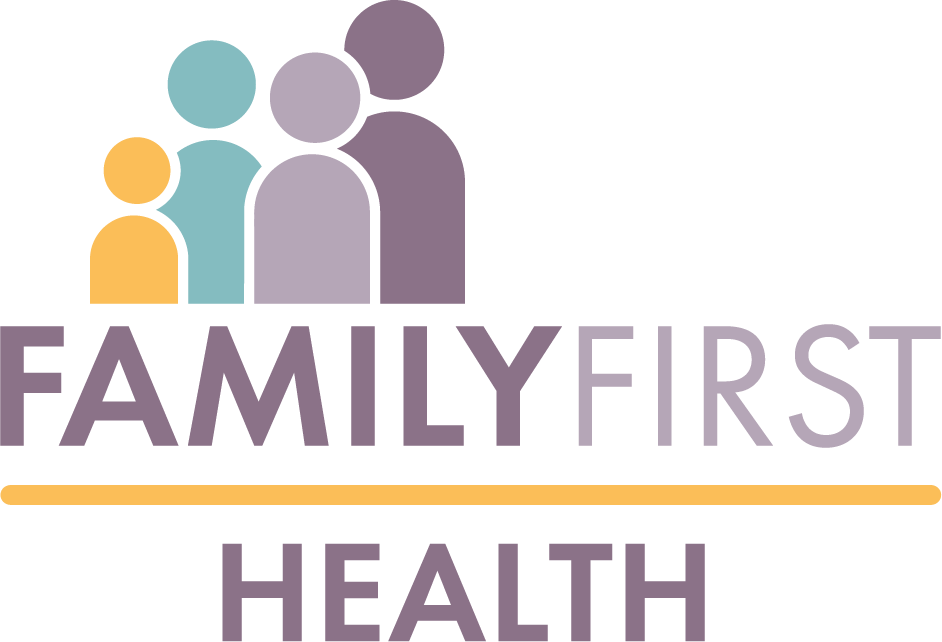This is part of a series intended to bring into focus the important role that Medicaid plays in the health of our patients, our organization and the larger community and what we all have to lose if proposed cuts to Medicaid are implemented.
Insurance systems are different in every country, from single payer systems to private markets, and no system is more complex and confusing than in the United States. Luckily, we have a safety net in place for some of our most vulnerable citizens; Medicaid. Medicaid seems to have a bad rap; I have heard people say that it is only for “those” people or that no one on Medicaid works. I am here to dispel the Medicaid myths.
Risa Lavizzo-Mourey, CEO of the Robert Wood Johnson Foundation, put it best, “What is Medicaid all about? It’s staying true to the mission: to care for people historically left behind.” So who are the individuals that have been left behind? Medicaid and the Children’s Health Insurance Program (CHIP) currently cover approximately 74 million people, 36 million of those being children. Not only is this large amount of people covered, they are covered well and receive excellent, and sometimes life-saving care. Let’s take a look at the Medicaid facts:
- Infant deaths have been significantly reduced because of Medicaid coverage for pregnant women.
- Medicaid covers at least three quarters of all disabled adults on Supplemental Security Income (SSI).
- 62% of long-term care for seniors is paid for by Medicaid. The average cost of nursing home care with a semi-private room was more than $83,000 in 2012.
- Six out of ten able-bodied adults on Medicaid have a job, and 78% of Medicaid recipients are part of a household with at least one person working full time.
- Medicaid helps pay for long-term medical treatments for children who have special healthcare needs, without regard to family income.
- 32 million children on Medicaid receive school-based services like speech and occupational therapy.

No one can deny the number of people covered by Medicaid at one time or another; more than half of Americans report either being on Medicaid at some point in their lives or knowing someone who has, but what we often hear is that the care received is not as good as with private insurance. The Henry J. Kaiser Foundation reports that Medicaid’s impact on health outcomes continues to grow:
“Access to screening and preventive care in Medicaid translates into well-child care, earlier detection of health and developmental problems in children, and earlier diagnosis of cancer, diabetes, mental illness, and other chronic conditions in people of all ages. Access to primary care providers and specialists, prescription drugs, and other services improves the likelihood that Medicaid enrollees will get treatment for both their acute and chronic conditions.”
As I started working on writing this series about Medicaid I reached out to patients, friends, and family to gather stories about who is on Medicaid and why. While I expected to hear some amazing stories about people who have received excellent healthcare in dire situations, I did not expect to receive such an outpouring of emotion and thankfulness. People came out of the woodwork because they wanted to tell me their stories. People who are single, people who are widowed, people who work, people who adopted children, people who are sick, people who are human; people who all think Medicaid matters.
Watch for our next story to meet some of the individuals who have been affected by Medicaid. If you have questions about Medicaid or need help applying, please contact our patient benefits team at 717-846-6776.
_______________________________________________________________________________________________________________________________________
Shannon L. McElroy, Family First Health Marketing and Outreach Coordinator
